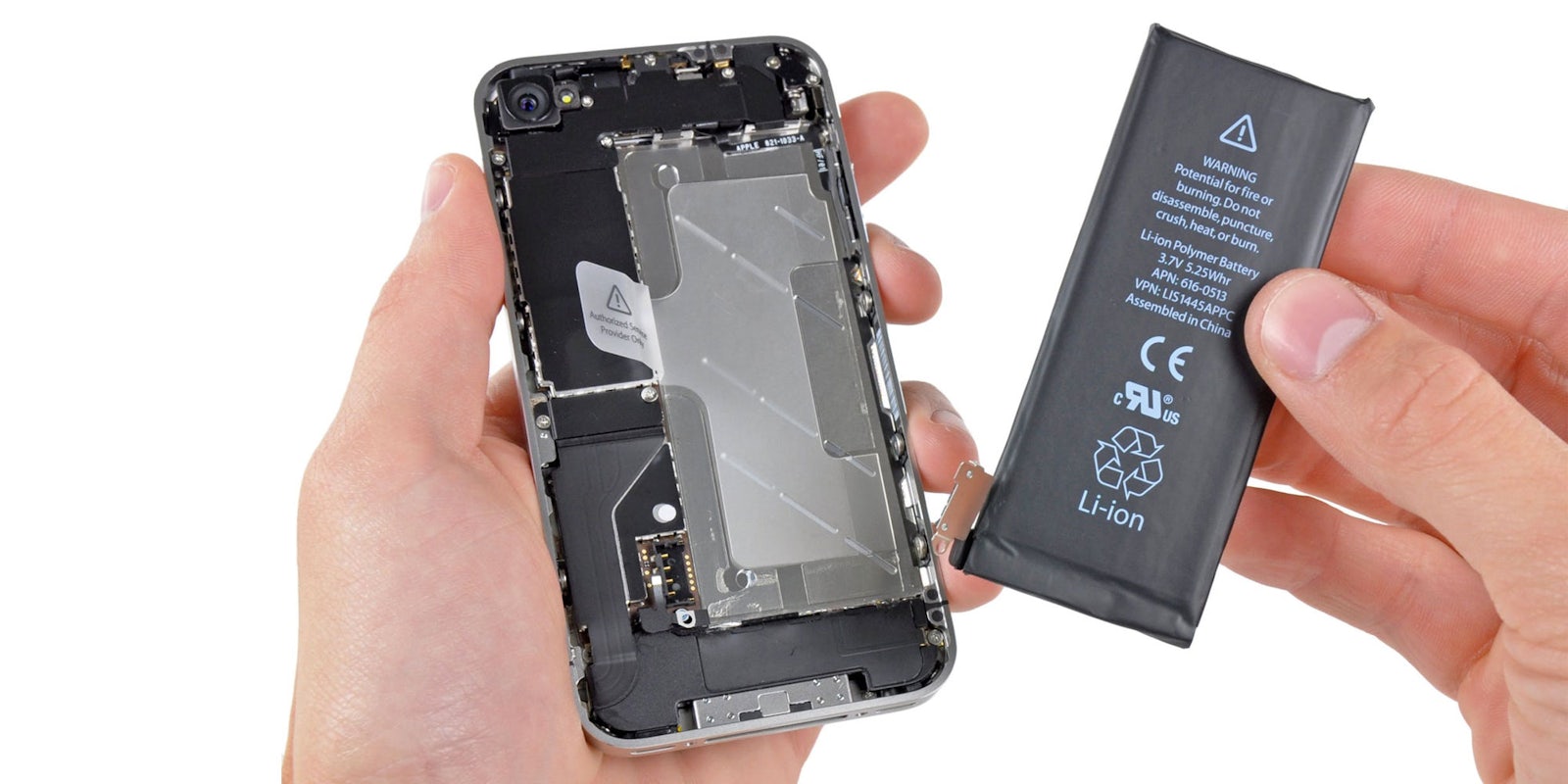Apple has enabled a feature on its new iPhones that blocks users from accessing their battery health information if the battery was replaced by a third party.
The battery locking function appears to affect the iPhone XR, XS, and XS Max running either iOS 12 or the iOS 13 beta.
Tech repair website iFixit even found that replacing your battery with one made by Apple still triggers the lock.
“It’s not a bug; it’s a feature Apple wants,” iFixit writes. “Unless an Apple Genius or an Apple Authorized Service Provider authenticates a battery to the phone, that phone will never show its battery health and always report a vague, ominous problem.”
Users who have their battery replaced by an unsanctioned repairperson will see the following message when attempting to learn their battery’s health data: “Unable to verify this iPhone has a genuine Apple battery. Health information not available for this battery.”
Despite the warning, iFixit notes that replacement batteries will still work as intended and that Apple will not throttle your iPhone’s performance as a result.
Apple has also been blocking third-party battery health apps since the release of iOS 10, making it difficult for users to learn when their batteries might need replacing. However, users can still plug their phones into a Mac computer and use certain Mac apps to access their phones’ battery info.
While Apple has likely enabled the battery lock feature to discourage third-party repair, some users argue that the tech company is merely attempting to keep them from truly controlling their own devices.
“You bought it, you own it, you should be able to fix it. It’s that simple,” iFixit adds. “Pairing batteries to iPhones is a gross overreach. It’s yet another instance of purchasing a product, and not being able to fully utilize it—like leasing a car, except you’re paying full price for it.”
The new function comes amid a growing debate over whether people have the right to repair technology that they own.
Apple has repeatedly fought against legislation that would give customers the ability to fix their own phones using trusted components.
READ MORE:
- Undercover investigation reveals Apple’s Genius Bar overestimating repair charges
- New Macs have a software lock that prevents unauthorized repairs
- Apple fighting against bill that would end the monopoly on authorized repair services
H/T iFixit


